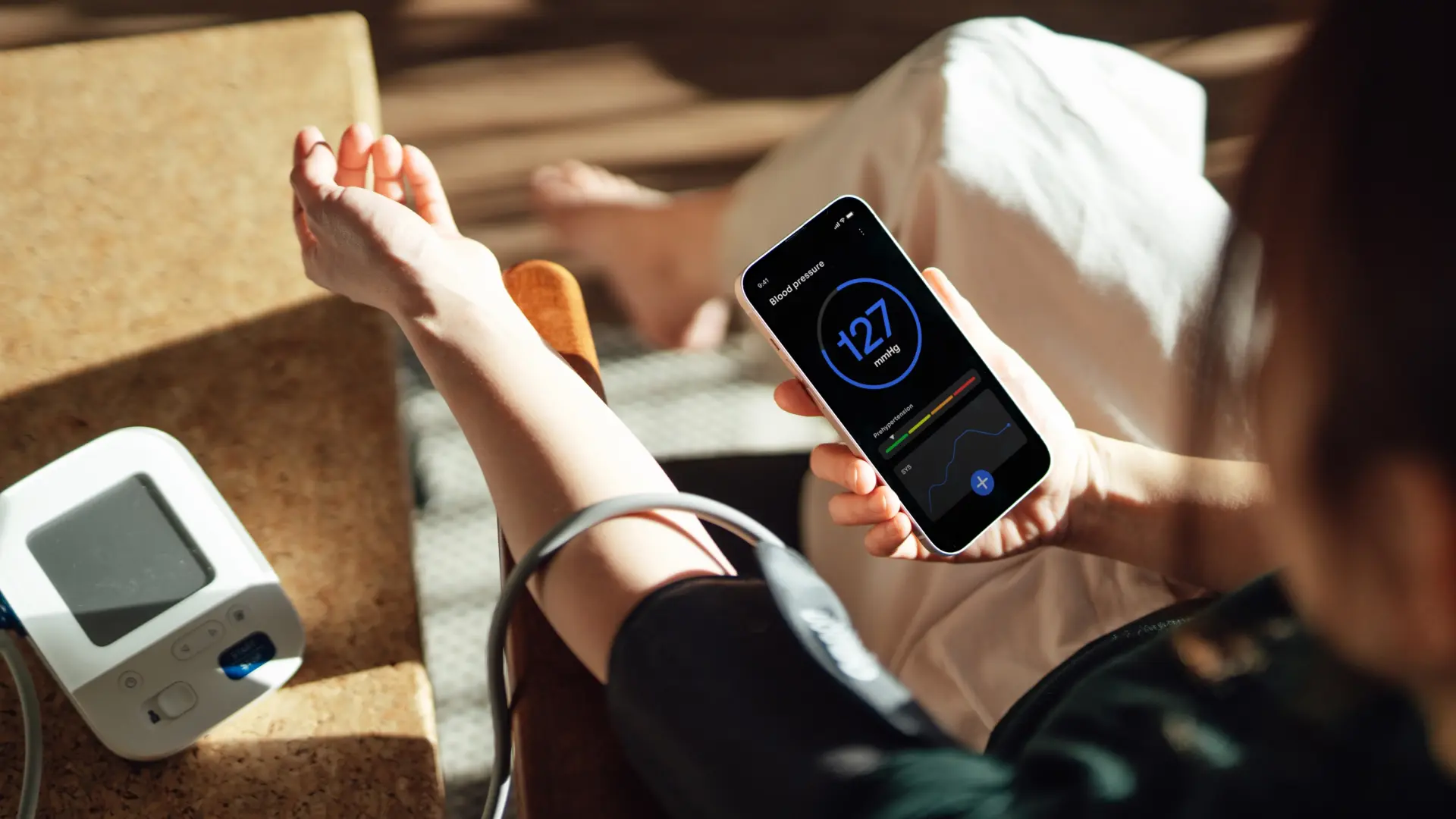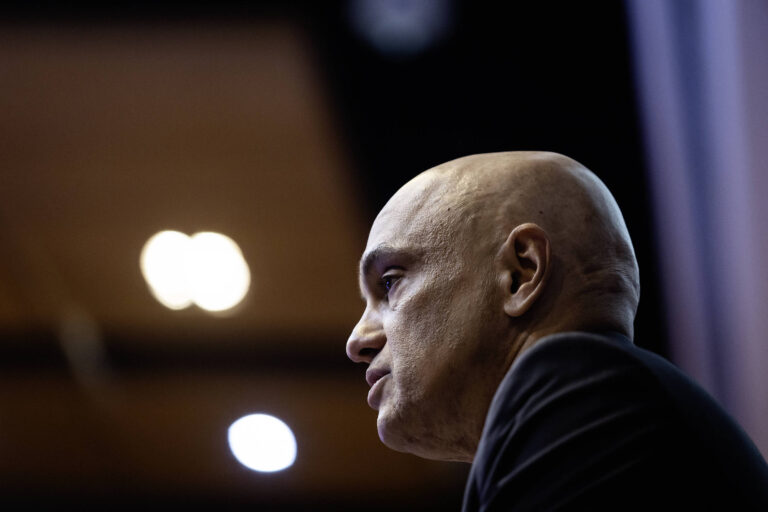
In the Madrid region, home hospitalization services will be enhanced with the introduction of smart kits. The Madrid Health Service (Selmas) therefore creates a new application for remote monitoring. Significant evolution of the patient through the recovery process is recorded. The system also facilitates communication with doctors through messages and video calls. To begin the project, pulse oximeter tablets, scales, and blood pressure monitors will be distributed before the summer to enable monitoring from home.
Hospitals select people who can benefit from this model of care. Remote assessment and recovery can be used for patients discharged from the hospital after a lung infection or diagnostic procedure such as a biopsy, to more complex cases such as type 2 diabetes, chronic obstructive pulmonary disease (COPD) patients, and patients in palliative care. In the former case, it is easier to interact with experts without having to travel, and in the latter case, “Predict adverse events and reduce in-person visits It’s not necessary,” explains the digitization department.
The project is scheduled to begin in a pilot phase before the summer, with the premise of improving the monitoring of patients recovering remotely. The basis of this model is A digital platform that facilitates interaction between patients and healthcare professionals. Through this channel, you can make video calls, send and receive messages, emails, and complete surveys. In addition to improving communication, the system will collect clinical data obtained through 150 kits distributed during this trial period.
Doctors will decide which patients can continue hospitalization at home and an individualized care plan will be developed. Therefore, the responsible person will specify in each case what tools will be needed. People measure their vital signs, such as blood sugar levels. To do this, you will be provided with a pulse oximeter, blood pressure monitor, thermometer, blood glucose meter and weight scale, which will be linked to your tablet and the data will be automatically uploaded. Along with these tools, the patient receives a tablet and the sensor is connected to the application via Bluetooth.
Since the system has not been profiled yet, Alerts programmed for each individual to perform scheduled measurements Don’t forget to fill out the survey During follow-up visits, questions are asked about the patient’s physical and mental condition, side effects, and abnormalities. The platform and this service have a budget of 4.1 million euros and must be integrated into the Virtual Health Card to integrate all functionality. After a trial period, the final implementation will be evaluated once its effectiveness has been analyzed.
To ensure the same treatment and support as a hospital center, “the platform must have the following capabilities”: Send notifications to healthcare professionals via SMS and email. According to the tender contract for the project led by the Digitization Authority, “if vital signs or patient questionnaire measurements exceed established limits.” So, for example, if weight gain is observed within a few days or blood sugar levels are not regulated by the hospital, you can call the patient or send an ambulance home. Depending on medical conditions and other variables, patients will be stratified based on risk, “prioritizing patients who need priority care.”
“This is a plan that regional leaders have been asking for.” Be more careful about citizens, Minimize the impact of hospitalization on families, avoid unnecessary travel, and promote patient recovery in a more comfortable environment. Furthermore, this project aims to transform health care step by step and make the latest technological advances available to the people of Madrid,” said Miguel López Valverde, Minister of Digitalization.
In recent years, home hospitalization has been strengthened in the Madrid community’s work policy. The number of hospitals that provide treatments such as chemotherapy at home has also increased. In addition to these services, Avoid travel, free up hospital beds and saturate services Citizens with complex and chronic medical conditions can be monitored 24 hours a day, avoiding complications that lead to hospitalization and responding to emergencies.



